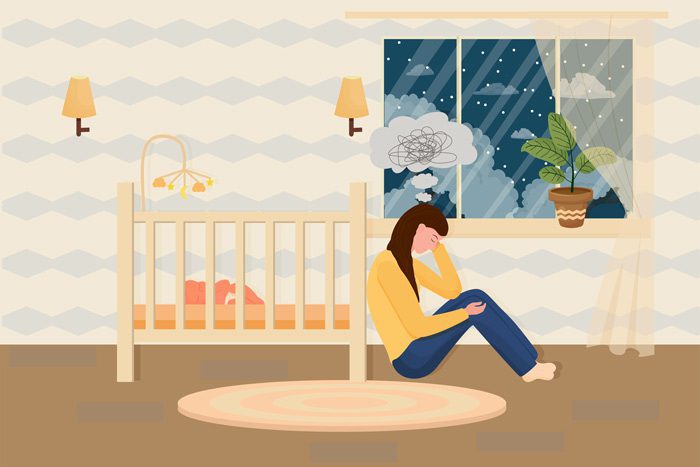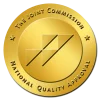Becoming a Mother: Celebrations & Challenges
The birth of a baby is, in most cases, a cause for celebration. Especially for the parents. And some might further suggest: especially for the mother.
But not every mother feels like celebrating in the days, weeks, and even months after childbirth.
Many times, a mom is experiencing the “baby blues.” In fact, as many as 70 percent of women encounter the baby blues—characterized by sudden mood swings—in the early days after childbirth. As a rule, this common issue resolves itself fairly quickly, especially for moms who can talk through their feelings with other moms in informal or support group settings.
For a smaller—but still significant—number of moms, the issue goes deeper than the baby blues. For these women, the issue is postpartum depression. Like other varieties of depression, postpartum depression can make daily life very challenging.
Let’s take a closer look.
The Symptoms of Postpartum Depression
Postpartum depression is, for all intents and purposes, a childbirth-specific form of major depression. Symptoms may include:
- Feelings of sadness or despair—including frequent crying, often for no specific reason
- Feelings of anxiety, depression, crankiness, and/or anger
- Feelings of hopelessness, helplessness, and/or worthlessness
- Frequently shifting moods
- Extreme fatigue, trouble sleeping, appetite changes, and/or lower libido
- Difficulty making decisions, concentrating, and/or loss of pleasure in previously enjoyed activities
- Thoughts of death or suicide and/or thoughts of hurting others
- A lack of interest in the baby and/or the feeling that no bond is being formed between mother and child
Potential Causes
A variety of physical and emotional issues may contribute to postpartum depression. These may include:
- Changes in hormones: Giving birth results in a significant drop in estrogen and progesterone and can result in drops in other hormones as well.
- Sleep deprivation: A lack of sleep makes everything harder, and new moms routinely do not get enough sleep.
- Feelings of anxiety: Having a baby to care for can easily lead to increased feelings of anxiety.
- Poor self-image: Some new moms struggle to maintain a strong sense of themselves and their own competence as they struggle with a new baby.
- A personal or family history of depression or mood disorders: A history of depression can be a marker that a woman has an increased likelihood of experiencing postpartum depression.
- Relationship issues: Conflict with the baby’s father, the absence of the second parent, and/or a lack of extended social support from friends and family are markers for likely development of postpartum depression.
- Issues related to new and previous children: It appears that the more children a woman has, the more likely it is that she will experience postpartum depression. Also, having twins or other multiples and/or a child with special needs can lead to issues with depression.
Addressing Postpartum Depression
A person experiencing postpartum depression may find it difficult to function at all. The ability to effectively care for the new baby is, of course, one effect, but it is hardly the only one. Like other kinds of depression, postpartum depression can make it difficult to work or study, to maintain relationships, or to handle key aspects of day-to-day life like finances and more.
There are a range of treatment options for postpartum depression. Your doctor will make a recommendation based on your symptoms, so it is extremely important that you have an honest conversation with your physician if you are struggling after a recent birth.
In some cases, participating in a support group—especially one with an education component—can be enough to turn the tide of postpartum depression. In other cases, Psychotherapy is the best approach. Medications that address anxiety and/or depression can also be quite effective. In fact, the combination of therapy and medication can be the best option.
We should note that many women feel as though they cannot take an antidepressant or anti-anxiety medication while they are breastfeeding. But that isn’t necessarily true. Your physician will make a recommendation regarding taking medication while breastfeeding and will discuss the pros and cons with you. Again, honest communication with your doctor is essential.
Not Just for Moms
We want to note that moms are not the only ones who might struggle with depression after the birth of a child. Research suggests that 10 percent of new dads deal with depression during the first year after a child’s birth.. If a new mother is dealing with depression, it is more likely that father will be, too.
Similarly, if one or both parents are experiencing depression after a new child’s birth, other children in the household may also struggle. These struggles may manifest as more frequent crying, issues related to eating and/or sleeping, and more.
Don’t Wait to Get Help for Postpartum Depression
Sometimes, a mom who is struggling is reluctant to seek help. She might be embarrassed that she isn’t feeling the way she is “supposed to” about her new child. She might assume that the issues will pass if she can just wait them out. She might be trying to put on a brave face for her spouse or partner or for other children in the household.
But postpartum depression is real and can undermine just about every aspect of a mother’s life. At Johnstown Heights Behavioral Health, we have the expertise to diagnose and treat postpartum depression—and the compassion to treat every person as an individual with their own story, concerns, and needs. That is why we are committed to evidence-based, personalized care for every person we serve.
If you are feeling overwhelmed in the early days after bringing a new baby home, don’t wait to get the help you need. Effective treatment for postpartum depression is available—and can make a significant difference in the lives of moms, dads, and siblings. And, of course, it can make a big difference in the life of the new baby as well.







